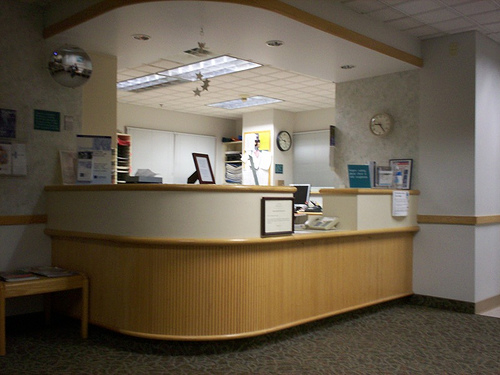
Clinic Seeks Ways to Make Recovery Easier on Patients
Patients undergo surgery in the hope that it will eventually improve their health and their quality of life. 
Surgery can still be a painful, stressful, and even traumatic process. Putting your life and well being in the hands of a surgeon and other medical staff can be incredibly nerve wracking.
The Mayo Clinic is making some changes for surgical patients in hopes of decreasing the pain and stress of surgery and making the recovery process easier. The stressors, both physical and emotional, that can make surgery hard to handle include factors like tubes and drains and fasting for long periods of time, have for a long time been understood as a necessary component of surgery, but may actually impede recovery in some ways. But the Mayo Clinic has been amending some of these protocols to see if it positively affects patients, helping them to heal quicker and experience less pain.
The Mayo Clinic tried out these new protocols on a group of women who underwent major abdominal surgery. And it seemed to be successful. The women in this group reported less pain, were able to go home sooner, and the vast majority of these women (95 percent) said the care that they received was either excellent or very good.
About a decade ago in Europe, this new approach to recovery began to develop. While the normal practices for patient care were standard, there was not any real evidence that backed up these practices and proved that patients actually benefitted from it. The requests for prolonged fasting were thrown out the window. Patients were not required to drink quarts of bowel prep medication intended to clean out their intestinal tracts. And doctors changed their approach to pain management as well, choosing to forego narcotic painkillers, which tended to create just as many complications as the benefits they provided.
Instead, patients were only asked to fast until midnight the night before their surgery and were allowed to drink water until four hours before surgery. Doctors increased the regular use of non-narcotic painkillers like acetaminophen and were able to successfully avoid using as much intravenous opioids. Opioids can cause complications like nausea, constipation, and fatigue. Doctors gave acetaminophen to patients before, during, and after surgery, and gave oral opioids after surgery if patients still had pain. Intravenous opioids were used as a last resort if patients continued to experience unmanageable pain. For most patients this was very effective and the use of opioids by surgical patients dropped by 80 percent.
Patients were also encouraged to be active and eat and drink several hours after surgery, rather than staying in bed. Dr. Sean Dowdy, who is a professor at Mayo of obstetrics and gynecology, said that this looks like it is a very effective approach. “The early feeding makes a big difference. Whether it’s the early feeding or the lack of bowel preps or the change in anesthesia delivery, regardless, patients are happier.” One of the reasons for this is that patients are less dehydrated.
In a comparison of two groups of women – one group of 241 who participated in the new protocol – and a previous group who had been treated under the standard protocol showed that hospital stays were shorter and patient care cost less. On average, women were able to go home four days earlier and medical care cost about $7,600 less. This is in contrast to the previous assumption that hospitals should send patients home as soon as possible to save on costs.
Dowdy says that the new approach seems counter-intuitive to surgeons, who are usually pretty set in their ways and find it difficult to change. So while the Mayo Clinic is working to determine even more ways to help patients bounce back after surgery and experience less pain, other hospitals will probably not be quick to adopt the new way of doing things.
Medical Malpractice Lawyer
Patient care should be a top priority for all doctors and hospitals in order to avoid complications. These new practices might even be a way for hospitals to see a decrease in the occurrence of medical malpractice, which has been a top priority for quite some time. Patients deserve to feel protected and safe during surgery, but this is not always the case. If you have been harmed by a doctor’s actions and think you may be the victim of medical malpractice, contact an experienced Missouri medical malpractice attorney at the Zevan and Davidson Law Firm. Our experienced team of legal professionals can evaluate your case for free and help determine what the best course of action will be moving forward.
Call us today at (314) 588-7200 or fill out our Online Contact Form to schedule a free consultation.
photo credit: paulswansen
